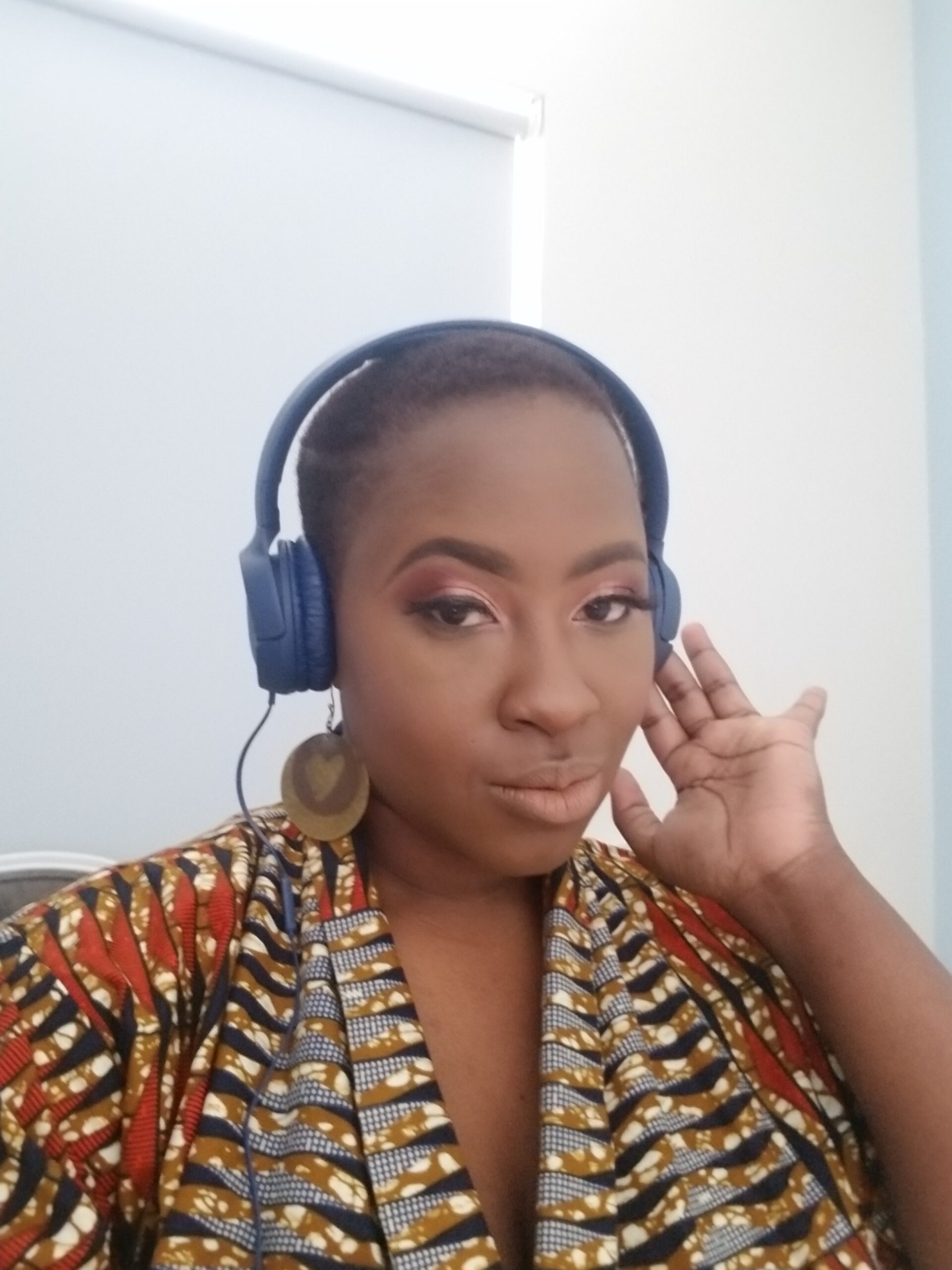It’s been 20 years and my how times flies. So much has happened and in the midst of it all people have continued to try and exist within the paradigm of a “rainbow nation”.
This effort has come off less like the Mrs Balls advert where everyone really loves chutney (and each other) and more like an awkward family dinner where somebody’s come out of the closet, somebody else has farted and mom and dad have just announced they’re getting a divorce.
Namely it’s been tense and no one is talking about it.
There are not enough conversations on how to deal with this situation between the races so I’ve taken it upon myself to get the ball rolling.
When dealing with people you find different, a guide is always best so here a few tips for navigating life 20 years after freedom for my Caucasian friends out there.
What not to do:
No 1. Use the N-word or any form of it (ninja etc). I don’t care how many hip-hop collaborations there are with rock bands, how much Miley Cyrus “twerks” or how many Comedy Central Roasts Steve Hofmeyer appears in. Never cool.
No 2. Say “I have a black booty so I am going to shake it”. This happens more often than you’d think. The booty is amazing. Yes, but white women often have awesome legs. I don’t come up to you and say “I LOVE jogging, so I’ll strut my mini-shorts at Two Oceans”. You aren’t your legs, I am not my booty. Try literature, or jazz next time.
No 3. “Talk black”, put on a “black accent”, now unless you couple this with GENUINELY talking Xhosa or Zulu for example (like the blonde woman in the King Pie advert being truly bilingual) it comes off strange and makes things uncomfortable. Would you say “Ze food she iz excellente, non? Croissant, pain au chocolate, bien sur” to a French person.
No 4. Say “apartheid happened and everyone must get over it”.
Now this one takes some explaining. Apartheid didn’t happen, it happens. It’s just got a new dress on and some make-up. She is still under there working away.
Now before I lose you, let me explain. I spent four years as the only black child in an all-white girls’ school in the UK and it took coming to South Africa to go “Shut the front door! I’M BLACK?”
Suddenly I was in a place where I was followed around shops and asked if “I could afford things”. Suddenly I had this amazing superpower where I could shut down a whole room just by walking in. One day a couple of friends and I went to Cassis in Newlands and managed to shut down conversation in at least two cafes, just by walking past.
In my world being the only black person in the room became “a thing” whereas it wasn’t like that before.
It’s like walking into a presidential banquet in your underwear wearing a sombrero, people give you the “what in the name of all that is good are you doing here, you’re clearly lost” look.
I won’t deny that I’m privileged in a number of ways. I love a good glass of wine, a good trip to the theatre and was a proud card member of the Spoilt Brats Association of Africa (SBAAs) for 20 years, until my mother revoked my membership.
But all this has not shielded me from the effect my skin has on the way I manoeuvre through this country.
Pierre de Vos summed it up at a talk when he said it’s not a matter of having, he understands that his experience of a space will be different to his black counterpart irrespective of resources. He will be able to do things purely because he is white.
That’s why phrases like “social economic disparity” don’t work. As Lindiwe Mazibuko said, “poverty still has a race”. I can be the richest black person in the world but there will be spaces I walk into and still get the “are you lost” look.
These are the legacies and traces of apartheid. Evidence that it still lives and breathes.
To understand the effects of apartheid think of it as the Two Oceans Marathon. It allowed one group of people to start the race at 6am and the others at 12.30pm. Some people didn’t have running shoes and had never trained for a marathon.
Many chief executives are still white. The police top brass (those directly under the minister and police commissioner) are mostly Caucasian.
I also recently learned from someone who works at the Council for Scientific and Industrial Research that many of the commanders of the military are still a few shades lighter than most. Managers at restaurants, middle-management across most companies, business owners and even directors of non-governmental organisations are mostly white.
Thus even though some of you might disagree with the situation relayed above this is the reality for some people and might probably explain the frustration you see on a daily basis.
Do not run from the conversation about race and the past. It’s still an issue especially when it comes to access to resources. The US, 100+ years on, is still struggling with the repercussions of slavery, 20 years in the grand scheme of things is not very long.



